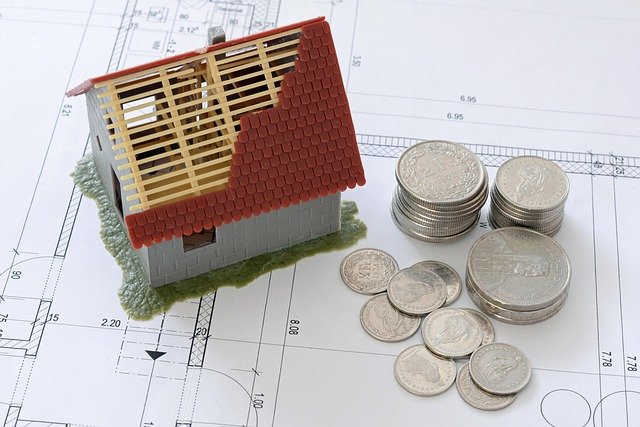Tiny House options
Tiny houses have become an increasingly popular housing solution across New Zealand, offering an alternative path to homeownership and sustainable living. These compact dwellings, typically ranging from 10 to 40 square meters, provide affordable housing options while promoting minimalist lifestyles and reduced environmental impact.

The tiny house movement has gained significant momentum in New Zealand, driven by rising property prices and a growing desire for sustainable, minimalist living. These compact homes offer unique solutions for those seeking affordable housing alternatives while maintaining quality of life.
What Are Tiny House Options Available
Tiny houses come in various configurations to suit different needs and preferences. Mobile tiny houses built on trailers offer flexibility and freedom to relocate, while permanent tiny houses on foundations provide stability and often comply more easily with local building codes. Prefabricated options allow for quicker construction and standardized designs, whereas custom-built tiny houses enable personalized layouts and features.
Container conversions represent another popular option, utilizing shipping containers as structural foundations. These provide robust frameworks and can be modified extensively to create comfortable living spaces. Multi-level designs maximize vertical space, incorporating lofts for sleeping areas and efficient storage solutions throughout.
How Tiny Houses Help Save Money
The financial benefits of tiny house living extend beyond the initial purchase price. Lower utility costs result from reduced space requiring heating, cooling, and lighting. Property rates and insurance premiums typically decrease significantly compared to traditional homes. Maintenance expenses remain minimal due to smaller surface areas and simplified systems.
Reduced consumption becomes natural when living in limited space, leading to decreased spending on furniture, decorations, and unnecessary items. Many tiny house owners report substantial savings on mortgage payments or rent, allowing them to redirect funds toward experiences, travel, or investments.
Legal Considerations for Tiny House Options
New Zealand’s regulatory landscape for tiny houses varies between councils and regions. Some areas classify tiny houses as relocatable buildings, requiring building consents and compliance with specific standards. Others may permit them as temporary structures or caravans, subject to different regulations.
Resource consent may be necessary depending on location and intended use. Tiny houses on wheels often face restrictions regarding permanent placement on residential properties. Understanding local zoning laws, building codes, and parking regulations is essential before committing to tiny house living.
Design Features and Layout Options
Efficient design maximizes functionality within limited square footage. Open-plan layouts create spacious feelings while multi-purpose furniture serves dual functions. Vertical storage solutions utilize wall space effectively, and fold-down surfaces provide temporary work areas when needed.
Loft bedrooms are common features, accessed by ladders or compact staircases. Kitchen designs typically incorporate compact appliances, creative storage, and space-saving solutions like fold-out countertops. Bathroom facilities often feature composting toilets, compact showers, and innovative plumbing systems.
Tiny House Providers and Cost Comparison
Several companies across New Zealand specialize in tiny house construction and supply. Understanding the market options helps inform decision-making processes.
| Provider | Services Offered | Cost Estimation |
|---|---|---|
| Build Tiny | Custom builds, DIY kits | $80,000 - $180,000 |
| Tiny House Company NZ | Prefab models, custom designs | $65,000 - $150,000 |
| Container Co | Container conversions | $45,000 - $120,000 |
| Freedom Tiny Homes | Mobile tiny houses | $70,000 - $160,000 |
| DIY Approach | Self-build with plans | $25,000 - $80,000 |
Prices, rates, or cost estimates mentioned in this article are based on the latest available information but may change over time. Independent research is advised before making financial decisions.
Lifestyle Considerations and Challenges
Tiny house living requires significant lifestyle adjustments and careful consideration of personal needs. Limited storage space necessitates minimalist approaches to possessions, while reduced privacy may challenge couples or families. Weather conditions can feel more immediate in smaller spaces, requiring effective insulation and ventilation systems.
Social aspects may change as entertaining guests becomes more challenging in compact spaces. However, many residents report increased connection with outdoor environments and stronger community relationships. The simplified lifestyle often leads to reduced stress and increased focus on experiences rather than material possessions.
Tiny house living represents a significant shift toward sustainable, affordable housing solutions in New Zealand. While challenges exist regarding regulations and lifestyle adjustments, the financial benefits and environmental advantages continue attracting interest from diverse demographics seeking alternative housing options.




